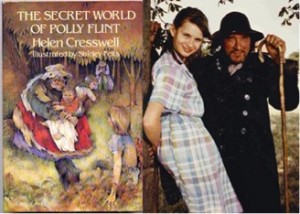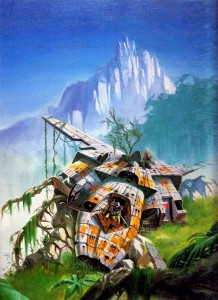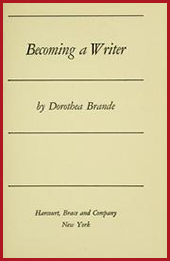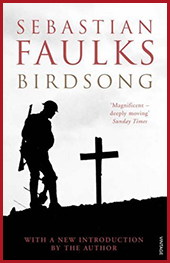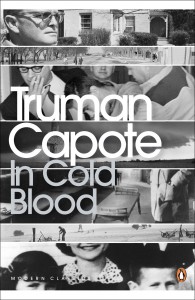 Published by Penguin Books, 1966 ISBN 978-0-141-18257-5
Published by Penguin Books, 1966 ISBN 978-0-141-18257-5
In 2011 I had very few choices. When you allocate text to a VCE class there are lots of factors impacting that decision. Unfortunately the first is not ‘Do I like, or even know, any of the books that are listed?’ The first decision is usually ‘What books are new to the list?’ See, books are only on the list for four years so you want to get bang for your buck. Preparing a text for VCE Literature is a lot of work and I want a full four years to milk all the reading, preparation and, hopefully, knowledge and insight gained.
But in 2011 I had very few choices. I was not able to choose a play or a novel. I already had one of each and having another of either text type limits the students’ choices for the exam. I could put on some poetry but it tended to be very challenging to do well and, to be honest, I was only just wrapping my head around how to teach it in an analytic way. There were some great options but they were all in List A (the non-examinable list) and I had to replace a List B (examinable texts). I had a collection of short stories by Peter Carey, a non-fiction text about bushfires and a novel that they seemed to have placed accidently in the ‘Other Literature’ category. It was by Truman Capote. Continue reading


